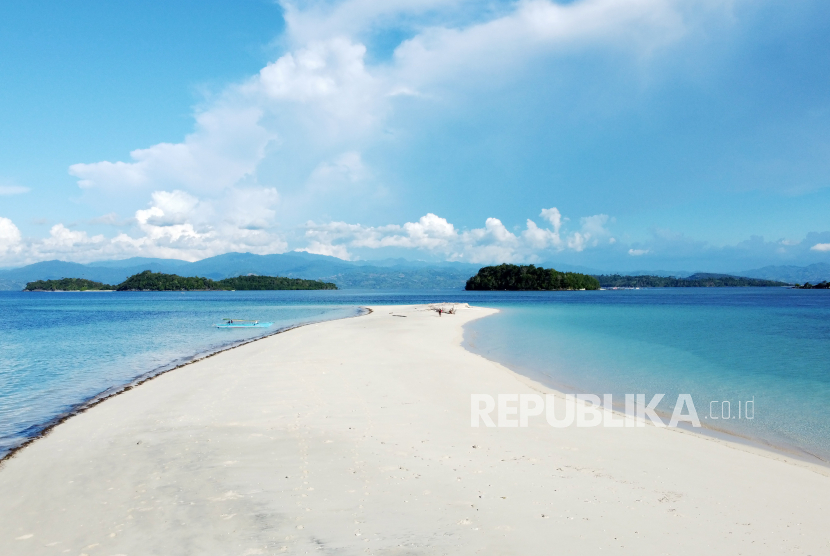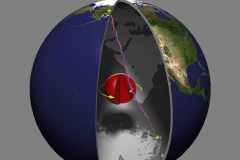Why is seawater salty?

REPUBLIKA KIDS -- Hello Kids... It is common knowledge that seawater tastes salty. However, Kids, has it ever occurred to you that the reason why seawater can be salty?
Sea water has a salty taste obtained from complex natural processes involving various factors including rainfall, freshwater flow, evaporation, and geological processes. The salt content in seawater comes from minerals eroded from the waters and organic material decomposed from sea creatures.
Quoted from the official website of Dinas Kebudayaan Pemprov Yogyakarta, another reason why sea water is salty is the erosion of rocks and minerals on the earth's surface. Stone will experience damage caused by rain, exposure to sunlight, and other environmental forces, leaving behind minerals and salts.
ALSO READ: Why is seawater salty?
These salts and minerals are then transported to rivers which ultimately empty into the sea, causing an increase in the salt content in seawater. Sea water has a salty taste also because of chemical reactions that occur on the seabed. Hot gases and minerals bubbling up from beneath the Earth's crust release more salt into the ocean.
Dissolved gases such as carbon dioxide and methane released from hydrothermal vents on the seabed make seawater salty. Likewise, underwater volcanoes and hydrothermal vents can release salt into the sea.
However, each ocean has a different level of saltiness. The salt content of seawater is very important for the health of marine ecosystems.
ALSO READ: 5 ways to prevent stunting in children
Many species of fish and organisms are adapted to survive at certain levels of salinity, and changes in salt content can have a significant impact on their survival. Salinity refers to the amount of salt in water.
Higher salinity levels will produce saltier seawater. Factors that influence water salinity are temperature, water depth, and location.
The average salinity of seawater is about 35 parts per thousand (ppt), which means seawater contains about 35 grams of salt for every thousand grams of water. But in estuary or estuary areas the water salinity can be much lower. (Maghfirah, 2018)


